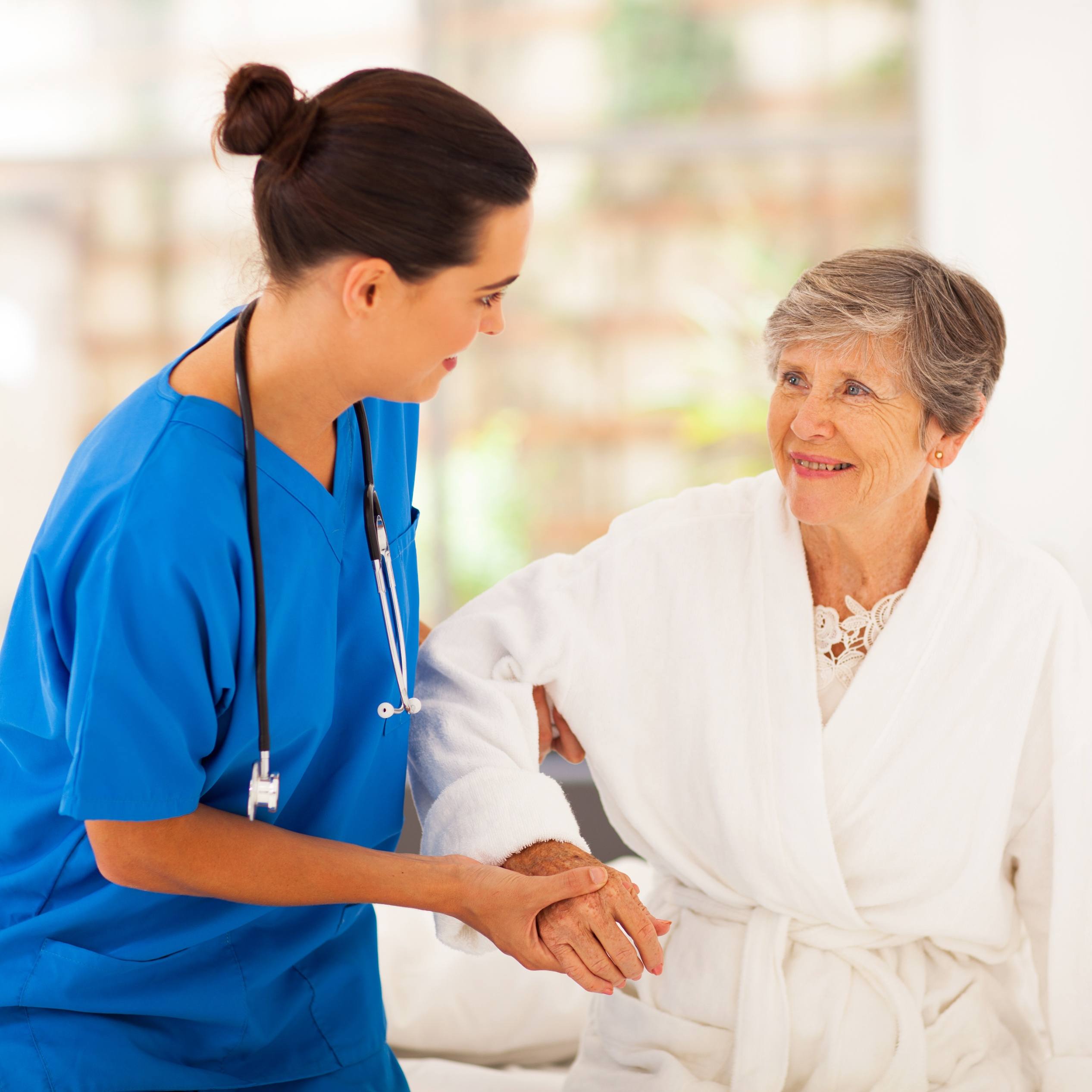-
Mayo Clinic Q and A: Whole foods generally a better source of vitamins than supplements
DEAR MAYO CLINIC: I have read that the antioxidant vitamin E provides a lot of health benefits. Is taking a daily vitamin E supplement a good idea? Can it be harmful?
ANSWER: The proposed benefits of vitamin E rest on its powerful antioxidant properties. Antioxidants are substances believed to protect cells from damage caused by free radicals, which are produced by your body. Exposure to certain environmental substances, such as sunlight, tobacco smoke or radiation, also can create free radicals.
Normally, free radicals perform a number of useful tasks. But too many free radicals cause what’s known as oxidative stress. They overwhelm and damage cells, resulting in tissue breakdown and damage to DNA. Oxidative stress has been tied to a number of conditions, including cancer, heart disease, diabetes, Alzheimer’s, Parkinson’s, cataracts and macular degeneration.
Antioxidants, such as vitamins E and C, and carotenoids, are found in foods, especially plant-based foods. In laboratory experiments, antioxidant molecules have been found to stabilize free radicals and counteract oxidative stress. And many observational studies indicate that a diet high in fruits and vegetables can help reduce risk of disease, including heart disease, stroke and cancer.
Preliminary studies suggested that antioxidants might have big health benefits. To make antioxidants such as vitamin E easier to study, researchers used them in a supplement form.
But despite well-designed trials in large numbers of people, vitamin E supplements generally haven’t proved helpful in preventing disease. In addition, high doses of vitamin E supplementation have been associated with an increased risk of bleeding, especially when taken in combination with blood thinners, such as aspirin, warfarin (Coumadin) or heparin.
The benefits of vitamin E were somehow lost in the switch from food to supplement. Part of the problem may lie in the complex nature of vitamin E. Vitamin E is a family of eight slightly different chemical versions: alpha-, beta-, gamma- and delta-tocopherol and alpha-, beta-, gamma- and delta-tocotrienol.
The best known version is alphatocopherol. It’s the form the body absorbs and transports most efficiently. It’s also the version used in almost all research studies. But newer evidence suggests that other forms of vitamin E, such as gamma-tocopherol, may have greater antioxidant effects than does alphatocopherol. Taking supplements of alpha-tocopherol also reduces the level of gamma-tocopherol in the body, reducing its benefits and perhaps explaining the harmful effects of high doses of alpha-tocopherol supplements.
In addition, food sources contain varying amounts of all eight versions of vitamin E. Some of these versions may have more beneficial properties than others, and a variety may work better in combination than as a single ingredient. Food sources of vitamins and minerals also contain various other antioxidants and as yet unrecognized beneficial compounds that might work independently or in concert with each other to promote good health.
Finally, it’s possible that the health benefits observed in people who eat a diet rich in fruits and vegetables are caused by other lifestyle factors that might typically accompany such a diet. For example, people accustomed to eating fruits and vegetables may also choose to exercise regularly or not smoke, factors that may minimize the risk of disease. Dosing issues, health characteristics of study volunteers, and the exact role of free radicals in damaging or promoting health also may affect the way vitamin E supplements work.
Whole foods are generally a better source of vitamins than are supplements. You’ll find vitamin E in foods such as almonds, sunflower seeds and vegetable oils. Vegetables, including tomatoes, broccoli and red bell peppers; green leafy vegetables, such as spinach and kale; and fruits such as raspberries, kiwi and mango are also good sources. Wheat germ is a natural source of vitamin E and in a pinch, a fortified cereal can provide your daily dose.
Because vitamin E is destroyed by heat, vegetable and nut oils — canola and corn, sunflower, safflower, and hazelnut oils — as well as wheat germ oil, are best used in salad dressings or drizzled over finished dishes, such as pasta or grilled vegetables. (adapted from Mayo Clinic Health Letter) — Brent Bauer, M.D., General Internal Medicine, Mayo Clinic, Rochester, Minn.







